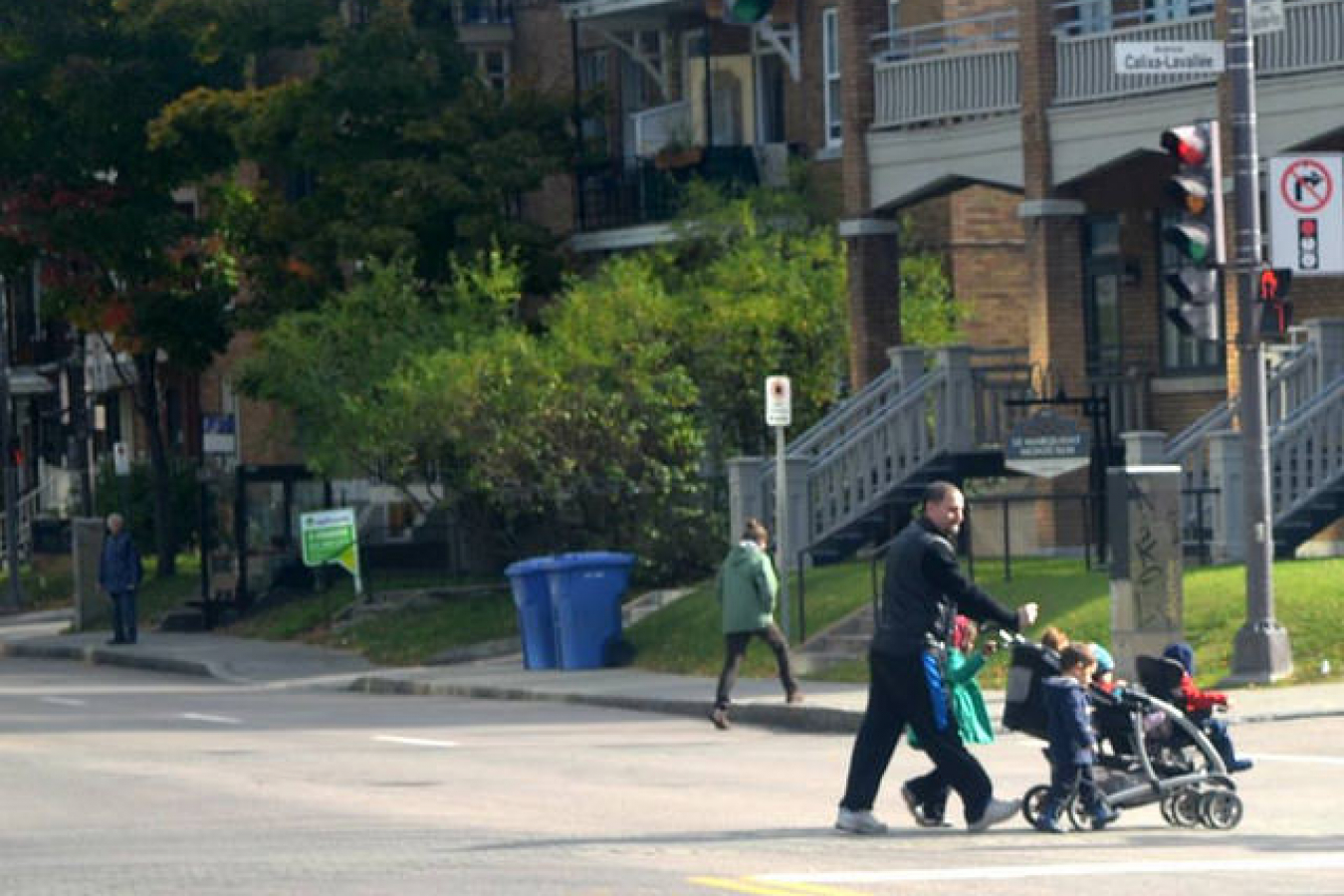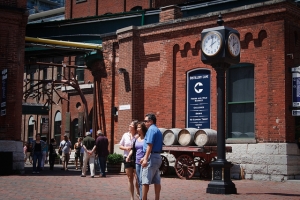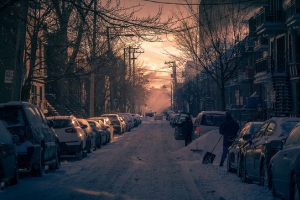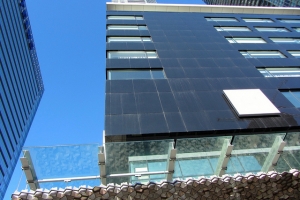Support migrant centric journalism today and donate

As Canada goes to the polls on 23 January, nearly 45 candidates of Indian origin will be running. The candidates have spent the past few weeks trying to attract the immigrant community with speeches in their native Hindi and Punjabi, as well as making promises to take up issues close to their hearts.
The major goal for the Indian origin community in Canada is recognition of their foreign credentials. Because foreign qualifications are not recognised much of the time immigrants need to apply for "education upgrades". The process of education upgrades is not only expensive, but complex, and takes years.
As a result, trained foreign professionals in Canada are driving taxis, selling pizzas, working as security guards or doing labour jobs.
Most of the Indo-Canadians running for the elections are from the Conservative Party (13), followed by the ruling Liberal Party (11) and the New Democratic Party (8).
Canada's Health Minister Ujjal Dosanjh, as well as Ruby Dhalla — the youngest member of Canadian parliament, Herb Dhaliwal, Gurbax Malhi, Navdeep Bains, Jagtar Shergil, Bal Gosal and Jaipal Massey-Singh are among the 45 candidates of Indian origin.
Despite heavy snowfall and temperatures at times dipping to minus 20 degree Celsius, the candidates went about knocking on doors, listening to complaints, and asking people to vote for them.
For conservative party candidate Gosal, campaigning was mainly a family affair, with his wife, son and two daughters going around constituencies in a small truck and listening to complaints.
Gosal said he has campaigned in three languages — Punjabi for his large number of Sikh voters, Hindi for other Indians and English for the rest. The same holds true for the rest of the candidates.
Liberal party candidate Dhalla said, "This is a great country. You can come here, get a job and run for Parliament." Dhalla promised she would take up with the federal government the need to recognise foreign credentials.
Over 1,600 candidates are in the fray for the total 308 seats. The election was necessitated after the Liberal Party's minority government lost a no-confidence motion in December.
The Liberal party is seeking votes to maintain Canada's identity as a sovereign state, but the main Opposition Conservative party is asking voters to vote for change in the wake of corruption charges against the ruling party.





















